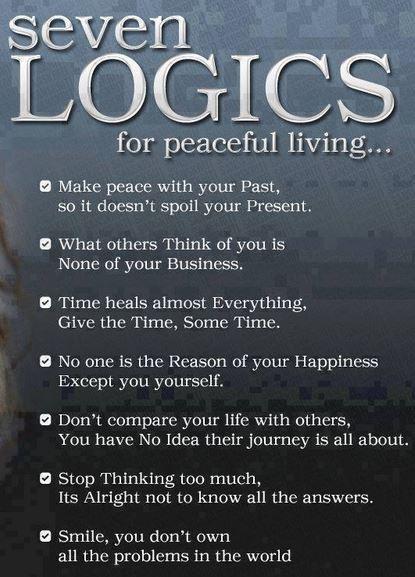Hari
Om
'Freedays' are the 'gather our thoughts' days;
Q&As; a general review of the week so far…
What
purpose do texts, classed as 'spiritual', serve in our lives? Think a bit on
this.
We
very readily reach out and pick up a variety of reading materials, according to
our interests, or perhaps for our work. We read to escape or to improve our
status in life. Is it not? Technical reading is fine and appropriate. Improving skills, honing our worldly
knowledge or, perhaps learning something new about the people and environment
around us is most certainly a worthwhile pursuit. Within courses of study, formal or otherwise,
there is clear purpose, be it learning to spin wool or to work on the space
station.
Literature
is the term used for non-technical reading material. There is such a wide
spectrum available within that umbrella term due the wide variety of human
nature. It includes everything from the classics from all ages right through to
the 'scandal-rag' style of magazine. What
we choose to read says a little something about us. That we choose to read says that we are looking for something.
For most, it is escape from the life being lived; excellent stories told well
can wrap us within the magic of the words and we can live different lives
through the pages. The classics therefore, offer us examples set, be they
ethical, emotional, relational and so on. In the case of the 'pulp' material,
there is the tendency to seek out examples of comparison such as "Hah,
what a fool" or "I want to look like that" etc.
Importantly,
all these available writings, be they educational and worthy in their own right
or be they along any part of the scale of literature, encourage us to look outwards and elsewhere in order to assess
ourselves. Everything is done by
comparison. We do not properly get a look at ourselves, only at what it is we
think we are not and what we desire to be...based upon those external examples,
which may or may not be worthy.
Scriptural
writings, correctly used, encourage us to look inwards.
The only comparison is our own behaviour against the standard set there.
Scripture truly acts as a mirror. When we look in the mirror of a morning, do
we not assess how we are presenting ourselves? The mirror does not lie. If
there is a blemish, a thread hanging, a button lost, it will show it. Then we
will do something to correct it.
This
is the purpose of the scriptures - to demonstrate the perfect picture and in
seeing this, we see our own faults and can measure our current worth. In saying
this, it is not that scripture ought at all to damage the self-esteem. However, it must be firm with us in order to
adjust and strengthen the image we have of ourselves. This means that it will
set exercises and ask us to engender ideals, as well as using sometimes rather
formal language. In this sense,
scripture can appear to fit into the 'technical' bracket of reading. However,
it is also filled with compassion, lyricism, parable and such in order to bring
out the examples which demonstrate outcomes of correctly applied exercises and
ideals. In this sense, scripture can also be considered as 'literature'.
Something
for everyone!
All
too often, the technical side is seen and folk turn away from reading
scripture. The fact that it requires 'study' can be off-putting to many.
Everyone enjoys the stories held within scripture though. Many of which are
used as the basis even for cultural literature.
What
happens if we successfully apply the technical, absorb the literature and
integrate both into a pattern of living for ourselves? A freedom within our BMI
matrix that we might never have believed possible.
Scriptures
are important reading. They are an essential library component. ...and they
must not remain on the shelf, for all writing is nothing until it is read...
ॐ

